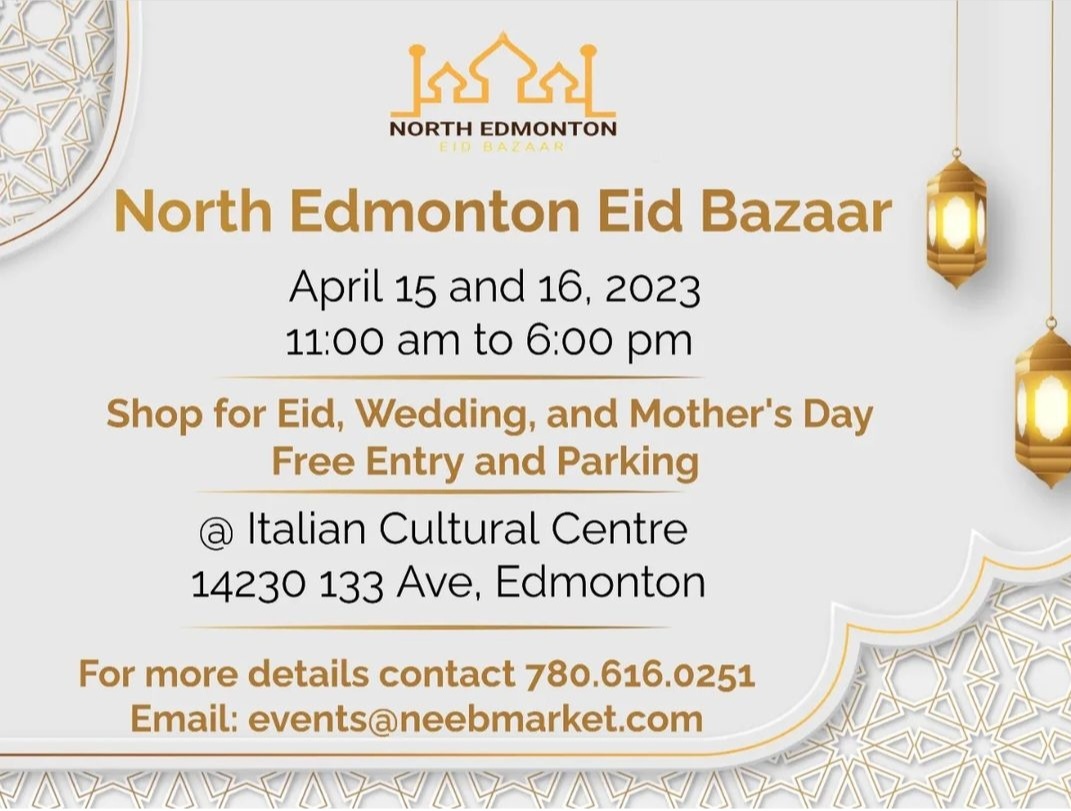Charife Elkadri is a Mental Health Therapist and is currently finishing her Practicum hours for her Master of Arts in Counselling Psychology. Charife has four years of volunteering experience at the Alberta Hospital as well as four years of in-person counselling experience. She has a Bachelor of Arts Major in Psychology and has a Minor in Sociology Master of Arts in Counselling Psychology. Charife is also a counsellor in two Edmonton Public Schools and partners with the Al Rashid Mosque for evening programs. What Charife loves the most about her job is learning from new experiences with every client. Helping her clients in their respective journeys to healing and success is something she creates solely from their unique circumstances.
Tell us about yourself.
I grew up in Cold Lake, AB, came to Edmonton for university and stayed. I enjoy hiking, reading and learning about different cultures. I initially chose the "psychology route" because I found the topics of assessments, personality, and psychometrics very interesting. However, as I grew older and started volunteering and working, I realized the need for more mental health professionals in our community. I became aware of the population that needed the services and needed help figuring out where to start or what is offered. So, I decided to pursue this profession to be part of that team of professionals that will help normalize the conversation surrounding mental health and normalize asking for help and guidance.
As a Psychologist, what do you think are the most important reasons for seeking psychotherapy? Who is Psychotherapy for? What are the benefits?
This is a difficult question because psychotherapy branches out into many different areas of life. I want to combine the question of why it's important and who it is for. It is always helpful to connect with a therapist for anyone who feels they need to explore a thought, feeling, behaviour or goal. Remember that there is no harm in connecting and no forced commitment after connecting. You have complete autonomy over what happens after the conversation. I think that is why it is so essential, not necessarily for "psychotherapy," but to connect with someone who is an expert in the field. They will only provide you with knowledge about whatever you are going through. The benefit is making that connection, knowing someone to turn to with your questions, and making room for discovery and growth.
What is the most challenging part of being a Psychologist? How do you overcome it?
I am finding it challenging to pick a niche, a psychology department, and start creating my umbrella around it. I can't be an expert in all areas, I am aware of that, but I am also allowed to give myself time. I have many years to come in this profession, and I will naturally flow in a specific direction and area where I will competently be able to say this is my department of psychology, inshallah.
You hold workshops on relationships; what types of issues and topics do you cover in them?
In the relationship workshop, we covered healthy traits, red flags, coping strategies and building blocks within intimate relationships and friendships.
Mental Health issues are increasing worldwide, and Mental Health Treatment/self-care is becoming more critical. Have you noticed any current trends or issues in mental health? What are the first steps in receiving help for mental health issues?
I am finding that many areas of the mental health field have peaked, such as ADHD, depression, trauma and many more. Suppose you are unsure of how to connect with a therapist. The easiest way to connect with a mental health professional can be through your doctor. Everyone is familiar with going to a physician. A physician can refer and direct you to whom you need to speak. It becomes your responsibility to ask for help and remind yourself that just because you are requesting does not mean you have to pursue it; you have complete autonomy over what happens after you ask for the help. There is never any harm in receiving information.
I have no new scheduled workshops at the moment. However, I am working on a spring workshop for students interested in this field. To help them differentiate the differences between mental health therapists, psychotherapists and psychologists. I am interested in teaching the students the difference in education, registered bodies, qualifications, work opportunities etc. There are constant provincial changes in the qualifications needed to practise in Alberta. It will allow students to create a clear schooling and career path.
Otherwise, as I continue to learn and work towards my registration inshallah, I will continue to share the knowledge with various workshops.
You can find me on Instagram @charife.elkadri






